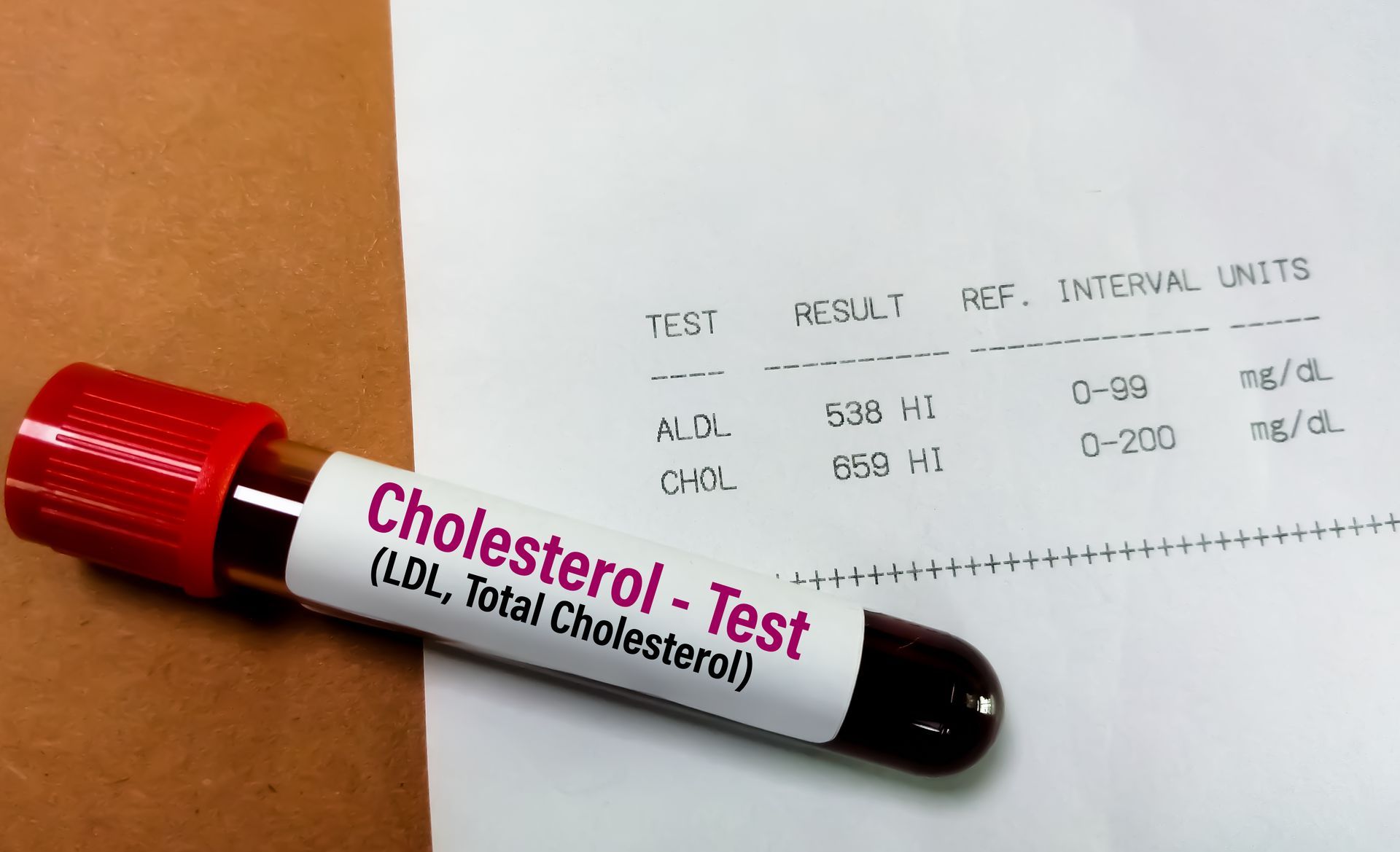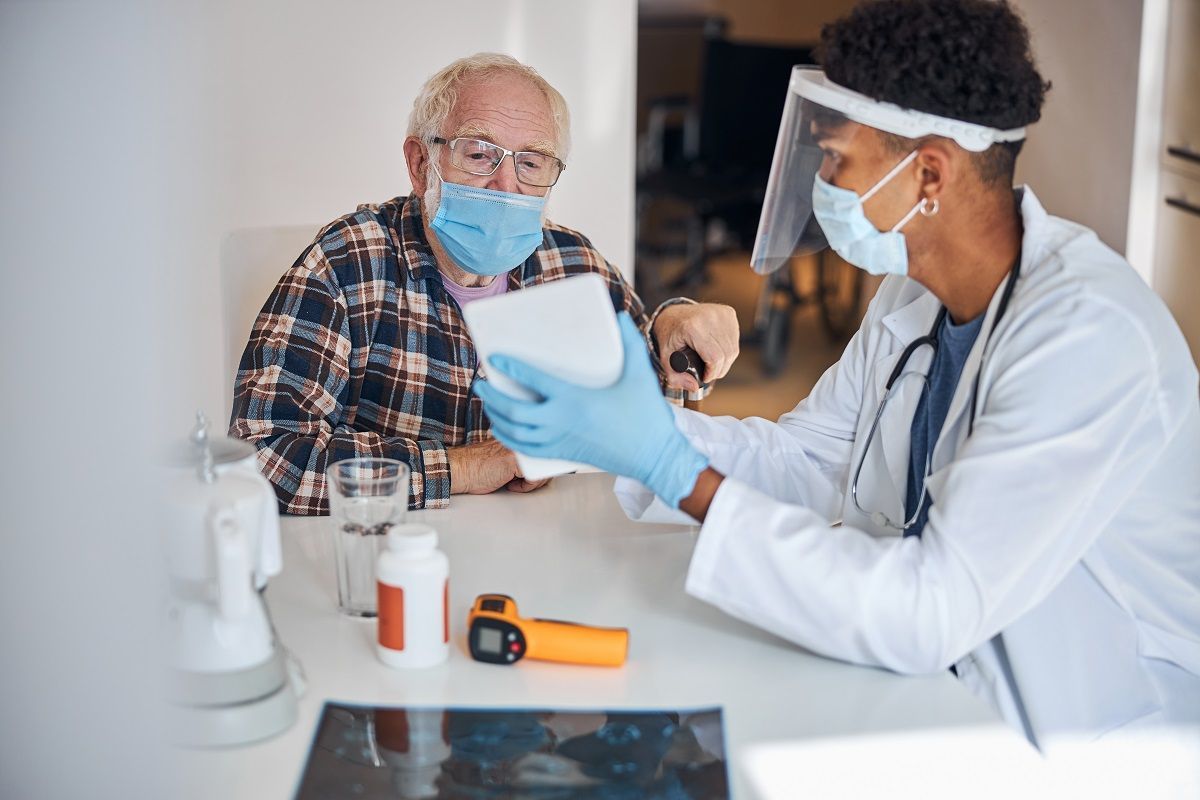Our Location
Elige tu idioma:
5 Common Health Concerns for Seniors and How to Address Them

A no-brainer thought is that when people age, there is this possibility that their bodies will start to age, also. The natural aging process gives rise to specific health concerns needing attention and treatment. Awareness of the health concerns most seniors face daily may help in planning prevention techniques and being prepared for any impending emergency. This blog aims to give tips on how to address some of the common health concerns.
Thanks to advanced technology in healthcare and healthy lifestyles, Elderly individuals today can live longer, with life expectancy expanding past the age of 60. This results in the elderly population growing in size worldwide.
Over time, our body can deteriorate on its molecular and cellular level, resulting in a decrease in physical and mental activity, adding more risk to acquiring disease and death. These changes are not seen as linear or consistent for all; instead, they depend on the patient's age and life quality. More than these biological changes, aging is also associated with various life transitions, including retirement, relocation, and even the death of partners and friends.
5 Common Health Concerns and How to Address Them
1) Heart Disease
The heart is considered the most vital organ in the body, pumping blood to various parts. Through aging, the heart structures may become weak, leading to complications. In a study made by CDC, heart disease has been the leading cause of mortality of adults aged 65 and above. Chronically, this affects 37% of men and 26% of women.
How to address:
- Avoid consumption of food filled with saturated fat
- Exercising at least 20-30 minutes a day
- Quit smoking
- Limit alcohol consumption to a minimum
- Get enough sleep
- Diligently take prescribed maintenance medicines for the heart
2) Diabetes
Often due to lifestyle, diabetes is the inability of the body to process daily-induced sugars. As estimated by CDC, 25% of people aged 65 and older live with diabetes, causing 54,161 deaths in adults over 65. As time passes by, diabetes can target the eyes, kidneys, nerves, heart, and other blood vessels. People with diabetes are likely to have heart disease, stroke, blindness, kidney infections, and even amputation.
How to address:
- Eat healthily
- Check glucose levels regularly
- Start losing weight
- Stay active
- Take prescribed medications diligently
- Have your blood pressure and cholesterol levels checked regularly
3) Bone and Joint-related Disorders
Older adults are known to develop osteoarthritis, arthritis, and muscle aches. These can significantly impact their quality of life, limiting their participation in day-to-day activities. Older adults lose their bone density and mass as they age, most especially when women reach menopause. It also makes the bones lose calcium and other vital minerals.
How to address:
- Participate in activities suited to your range of movement
- Take enough calcium and Vitamin D-rich foods
- An ample amount of sun exposure may help
- Incorporate anti-inflammatory foods into your diet
- Consulting a doctor regarding your condition for medication and therapy
4) Sensory Impairments
According to the CDC, 1 in 6 senior adults experience visual impairments, and 1 in 4 experience hearing problems. Both vision and hearing may be highly affected as you age. It can highly affect your lifestyle, affecting daily interactions and quality of life. Luckily enough, sensory impairments can be treated with aids and new technologies available. Ensuring regular screenings for hearing and vision must be considered as a part of your routine to guarantee early diagnosis and treatment for your specific condition.
How to address:
- Visiting the ear doctor (ENT) for a prescription for the hearing aid
- Consulting the eye doctor (ophthalmologist) for prescribed eyeglasses/corrective eyeglasses
- Ensure that your area is well-lit
- For total loss of vision, assist the elderly when picking up or when in need of things
- Avoid listening to loud sounds/noises
- Clean your ears regularly to avoid infection
- Do not use earbuds/cotton buds for cleaning, as this will push more wax into the eardrum/ear canal
5) Mental Health
As physical health deteriorates upon aging, so does your mental health. Some senior mental health issues involve Alzheimer's disease, anxiety, depression, and Dementia. According to the World Health Organization, 15-20% of Americans aged 65 and over experience depression. This makes it a threat to senior health, lowering immunity and ability to fight infections.
How to address:
- Maintain social connections with family and friends. Even virtually connecting with them may help in maintaining sanity amidst the pandemic.
- Stay involved in the community.
- Play mind games to stay sharp and prevent cognitive decline
- Learn a new hobby to keep your mind busy
- Get enough sleep and rest.
- Acquiring a pet as a companion.
- Keeping yourself busy.
- Try journaling or putting emotions into words to acquire a daily log of thoughts or process what transpired during your day.
The Art of Caregiving
Caring for the elderly requires a group of people with different skills. People, including doctors, nurses, and social workers, play significant roles in helping caregivers such as friends and family provide quality care.
Reconnecting with your family member(s) as they age may boost your connection and help you understand their new requirements. Educate yourself on their physical and emotional hardships and how to respond correctly and respectfully. Understanding their emotions will allow you to provide better care for them emotionally, physically, and mentally.
To do this, you may use the
COPE method:
- C - Creativity (problem-solving)
- O - Optimism (staying positive and goal-oriented)
- P - Planning (planning out steps in fulfilling tasks)
- E - Expert Information (guidance from health professionals and people with same experiences)
Enhancing the Health of the Elderly
Limitations, whether physical or mental, may be inevitable as we age. Despite this, ensuring a creative environment where they can freely participate may be induced in their daily lives to stimulate and further boost their confidence mentally. Among the numerous other suggestions that can help to support the independence of seniors with physical limitations, the ones mentioned above are only a few.
Start addressing your medical concerns and visit Ocana Medical Center for expert guidance and support. Preventive healthcare, therapies for current health conditions, and much more are available to seniors through our services.
You can book an appointment by calling us at (813) 968-8314 or emailing info@ocanamedicalcenter.com to know more! You can also visit our main page to explore our services.
Ocana Medical, located in Tampa, FL, aims to bring you as much information as possible to keep you healthy. We're in this together. #ocanacares
“Respect. Compassion. Quality. Integrity. These are the values on which Ocana Medical Center was built. Our aim isn’t just to treat you today. We hope to earn your trust and be your healthcare provider for life.”
©2023 Ocana Medical Group, Inc.
USEFUL LINKS
GET IN TOUCH
Call Us Today
Send us Email
Our Location
Ocana Medical Center | All Rights Reserved.












